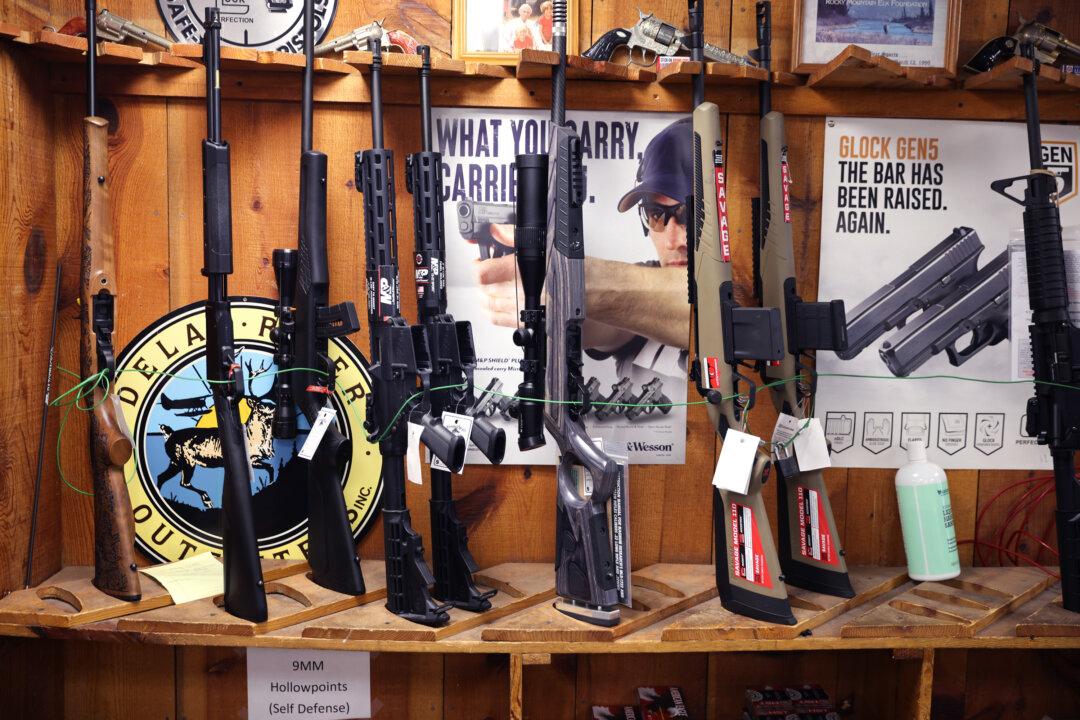At least 94 of Illinois’s 102 county sheriffs expressed disapproval of the Protect Illinois Communities Act signed by Gov. J.B. Pritzker on Jan. 11. Calhoun County Sheriff William Heffington told The Epoch Times he isn’t concerned about Pritzker or the Illinois General Assembly’s views on firearms.
“I work for the people, not the government,” Heffington said.





